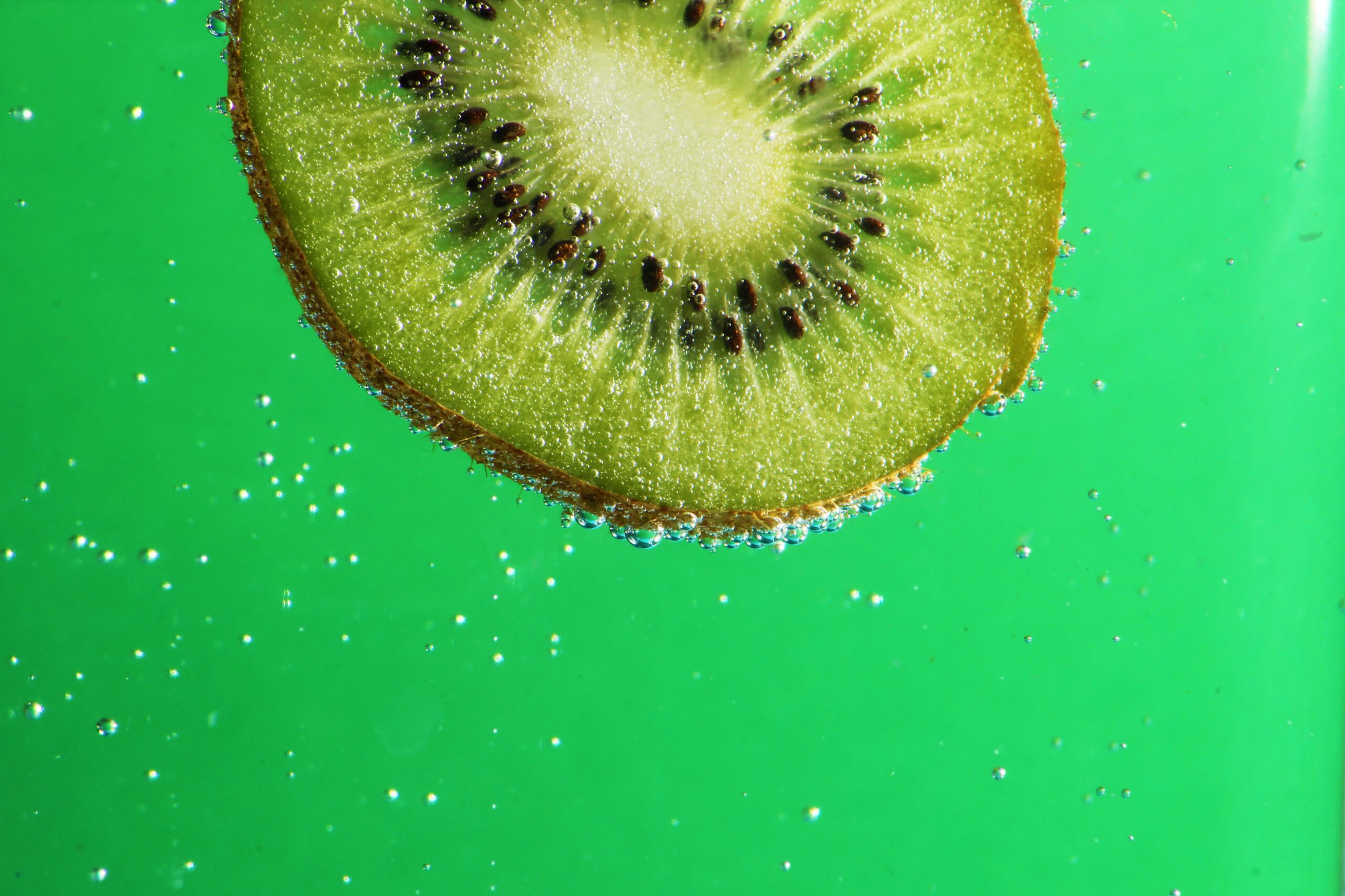Britt’s Tips: 8 Easy Ways to Boost Your Digestion and Heal Your Gut
\You’ve heard it before: Health starts in the gut.
Sure, you know the rhetoric, but what does that look like in action? What does that mean for you and your daily life? How can you boost the well-being of your gut every time you eat and achieve the level of overall health you desire?
For starters, your gut health is strongly dependent not just on which foods you eat, but how you digest those foods. Have you ever played witness to yourself as you ate a meal? Try it the next time you eat. Take note of all your habits, then check them against my list below and prepare to be amazed.
Digestive inefficiency is common and can happen at any point in the digestive process – from when you begin chewing the foods to the, eh hem, other end of the digestive pathway.
Let’s break it down.
“Your gut health is strongly dependent not just on which foods you eat, but how you digest those foods.”
I’ve compiled a list of eight tips for you to easily self-exam where your digestion may be sub-optimal. Use this list as your handy reminder for maintaining your healthy digestive habits, or mark any items that you’d like to talk with me about in our next meeting so we can customize a plan to overcome any perceived deficits.
1. Stop at 80% to Avoid Overeating.
The Japanese have a practice called hara hachi bu. Eat until you’re only 80% full, then stop. There is much wisdom in this phrase, and not just from a caloric perspective!
When you eat, gastric secretions activate to digest the foods and help the body assimilate the nutrients. When you overeat, the gastric secretions become diluted by volume, making their actions less effective. Help your gastric secretions help you – Hara hachi bu.
2. Limit Water Before and During Meals
Similar to diluting gastric secretions with too much food, drinking water immediately before or during a meal can water down these critical digestive juices and reduce their ability to act on the foods you ingest.
Of course, it’s important to drink adequate water throughout your day. But be mindful of how the timing coincides with your meals. Aim to eat at least 30 minutes after your last drink of water.
3. Chew, Chew, Chew!
“Britt, of course I chew my food…!” This may seem too simple to be significant, but there is a stark difference between giving each bite a couple chews and mindfully giving each bite upwards of 30 chews.
Thoroughly chewing your food is a critical step in boosting digestion. Not only does it mechanically prepare foods to be mixed with digestive juices in the stomach and small intestine, but the act of chewing mixes your food with the salivary enzyme amylase.
Savoring your food and chewing it well also primes the rest of your digestive tract to ramp up their own unique secretions.
Get those juices flowing!
4. Rest Digest
There are two states of innervation our bodies can be in: Fight Flight or Rest Digest. Although you may be able to logically distinguish between the stress of getting a negative email from your boss versus the stress of being chased by a tiger, your nervous system is not so refined.
Any stress – be it a legitimate threat to your life or just the perceived threat of losing your job – impacts the body’s nervous system in much of the same ways. When you are in a stressed or frantic mode, your body switches off the Rest Digest state and flips on the Fight Flight state. This reduces the innervation of your digestive system, limiting gut motility and throttling digestive juice secretion.
Stress reduces your ability to digest efficiently. Wait until you feel calm and grounded before eating, and watch your dining and digestion experience immediately shift.
“Although you may be able to logically distinguish between the stress of getting a negative email from your boss versus the stress of being chased by a tiger, your nervous system is not so refined.”
5. Boost Stomach Acid
Stomach acid can get a bad rap, especially from those who suffer from GERD or acid reflux. Although it may seem counterintuitive, GERD and acid reflux symptoms are often associated with low stomach acid. Here’s how it works:
The lower esophageal sphincter (LES) opens to allow food to pass from the esophagus into the stomach, and then it closes to keep the stomach’s digestive juices from refluxing up into the esophagus. When stomach acid levels are adequate, the LES closes tightly to prevent the reflux. When the acid levels are too low, however, the LES can relax and allow the stomach acid to escape into the esophagus.
Other symptoms of low stomach acid can include constipation, bloating, gas, and belching. Some of the many causes of low stomach acid are medication use (such as proton pump inhibitors, antibiotics, and birth control pills), age, stress, and gut infections (specifically, H. pylori).
Addressing the root cause of low stomach acid is essential to boosting digestion, resolving reflux, and ensuring proper breakdown of foods and absorption of nutrients.
At a high level, there are daily strategies that can be integrated to support healthy stomach acid levels. A few easy therapeutic options are eating fermented foods, sea salt, and Manuka honey, and drinking apple cider vinegar in water. Eliminating food sensitivities can also help rebalance stomach acid.
6. Support Fat Digestion
You have a system called the biliary system. It consists of your liver, gallbladder, and bile ducts. This system is critical to your ability to digest fats and absorb fat-soluble nutrients such as vitamin A, D, E, and K. So, supporting your biliary system is essential to boosting digestion.
You can support it by eating within a 10-hour window, which allows for an overnight period of fasting. Avoiding gluten may also have beneficial effects on the liver and gallbladder. Bitter herbs such as curcumin, dandelion, milk thistle, and ginger stimulate bile flow and enhance digestion.
7. Optimize Your Thyroid
Your thyroid houses different hormones, with T3 being its active hormone that influences your gut. Specifically, T3 supports gut motility – the muscular contractions that mix food with digestive juices and move it along the tract.
If your thyroid is underactive, your body can reduce gastric secretions (including stomach acid), slow gut motility, and lead to gut microbiome imbalance and intestinal inflammation.
Running a complete thyroid panel and addressing any markers that are suboptimal can be highly beneficial to boosting your digestion. Together, we can look at your panel and create a plan to rebalance these hormones.
8. Heal Gut Inflammation
Inadequate digestion leads to gut inflammation. In reverse, improving your digestion reduces gut inflammation. But what if there is additional healing needed so that nutrients can be properly absorbed, too?
Bone broth, fermented foods, L-glutamine, probiotics, pantothenic acid, zinc, and certain botanicals like slippery elm and licorice are some of my favorites to help soothe and heal an inflamed gut.
I challenge you to keep this list close while you eat over the coming week, taking notes on what you notice. You’ll soon see how easy it is to naturally implement each tip daily, and you’ll quickly feel the wondrous shift they have on your overall health.
Which habits were you surprised to notice? Which ones were hard to shift and which gave surprisingly fast results? Share in the comments below!
If we’ve already begun your one-on-one coaching, send me an email with your questions or keep your notes ready for our next call!



